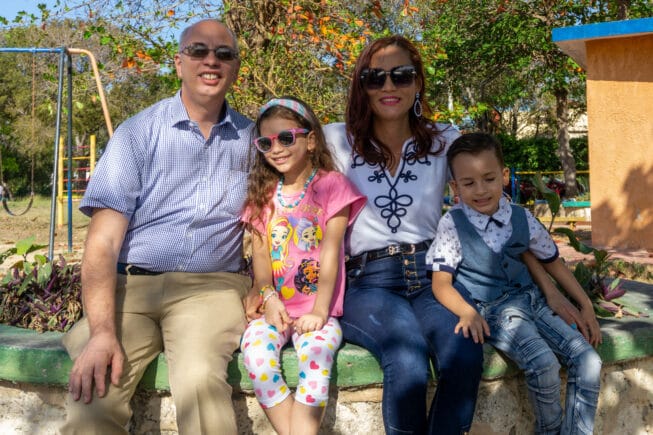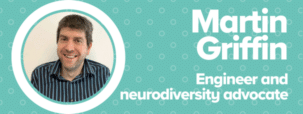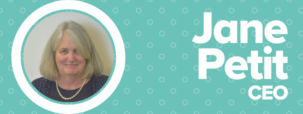Sign up to our mailing list to receive expert advice to help you improve your financial, mental and physical wellbeing, so that you can live well every day. We'll also send you the latest news and updates, and information on how you can get involved with Foothold and support the engineering community.


Malcolm’s story of seeking financial support during the pandemic
I’m Malcolm and I live in the Dominican Republic with my wife Yanet and our two young children Patricia and Samuel.
I began my working life as an electrical engineer in 1993 at the age of 16. I completed an Electrical Apprenticeship with the Metal Box Company and was introduced to the Institution of Electrical Engineers during my time at the Southampton Institute of Higher Education (now Solent University) and registered as an Engineering Technician. After my apprenticeship I moved to Max Factor at their Francis Road site in Poole, Dorset.
I enjoyed the analytical nature of engineering, designing control systems and solving problems, but increasingly I wanted to use my skills to help people. I recall watching the television programme Challenge Anneka. In the programme Anneka Rice completed random acts of kindness such as building orphanages or renovating homes for people in need. I’d always been a Christian and I had a strong drive to help people and use my skills for good.
Engineering for good
The seed of an idea grew as I investigated options. I came across Youth With a Mission (YWAM) who are a global Christian movement who help people through evangelism, training and mercy missions. YWAM were looking for people with practical skills, and I spent my first three years in Bogota in Colombia where I worked in the slum communities using my skills to help renovate Churches and build homes for families.
This experience sparked my desire to help more people. So, I joined Mercy Ships and spent 10 years with the organisation where I used my engineering skills on board the ships. My positions included serving as the Electrical Engineer on onboard the Caribbean Mercy, Project Engineer for the fleets technical department and as the Electrical Superintendent for the Africa Mercy refit in Newcastle Upon Tyne, UK. With roles including, maintaining electrical systems, new generators, and installation of hospital equipment. I also enjoyed helping the local communities while the ship was in port. For example, using the ships portable drilling equipment to drill and install potable water wells in remote communities. During this time, I also registered as an incorporated Engineer with the IET.
With the completion of the refit of the Africa Mercy, I felt called to return to Central America and I relocated to YWAM in Ensenada, Mexico. There I ran the Homes of Hope program and in five years coordinated the construction of around 700 homes to help families living in the most desperate conditions.
It was a real sense of achievement to be able to use my skills to help people move out of cardboard boxes and make-shift lean-tos, into proper homes. The homes were very simple, timber framed houses that are built in just two or three days. They’re 16 feet by 20 feet and have two bedrooms, a kitchen and living space. Just the process of adding a concrete floor helps with hygiene and reduces the risk of sickness and respiratory illnesses. But, most important of all, having a home gives families safety, comfort, and independence. They can rebuild their lives and use the little money they have, to buy food and get access to education.
Life changing pandemics
In 2009 the Swine flu pandemic began in Mexico, and I experienced for the first time, the effects a pandemic can bring. No one was travelling to Mexico, and this meant our volunteers and groups were looking for alternative locations for the Homes of Hope program. So, I lead a YWAM team to the Dominican Republic and started building there. Happily, this is where I met my wife Yanet who is a doctor and later we had two wonderful children. As a family we are committed to serving God as volunteer missionaries.
YWAM teams have now built around 300 homes in the Dominican Republic for families desperate in need. Everything was going well until the Covid-19 pandemic struck and it changed our lives overnight. I’d spent the last 28 years being a non-salaried volunteer, our family was reliant on donations coming via the Churches and teams of volunteers participating in the mission programs. With no travel or visiting teams meant that a large portion of our income disappeared.
Reaching out for support
I knew about Foothold from being a member and although it was hard to reach out and say we’re in trouble, I knew I had to do it. The alternative was a downwards spiral of debt. I’m used to having to ask for donations, as a career volunteer, but never in an emergency. Our savings had become depleted, and I had no idea where our next income was coming from, and we needed to pay for the children’s schooling and had incurred some other unexpected bills.
Living in the Dominican Republic, the state school system is not the same standard as you’d find the UK. Yanet and I wanted our children to have the same level of education they’d have received in the UK, so we pay for them to attend a bi-lingual school. Our work as missionaries could see us live in other parts of the world so the children’s education is vitally important.
I spoke to Jonas at Foothold and explained my circumstances. It was very simple to do, and I was delighted when I was awarded two small emergency grants to help with our immediate expenses. It lifted the pressure and brought us some time. I was so grateful to Foothold for their support, it really made a huge difference for us.
Things are gradually returning to normal in Dominican Republic. My children are back at school and some of our local missions’ programs and courses are restarting. I’m hopeful that by this time next year we will be in a much stronger position.

SUPPORT FOR YOU AND YOUR FAMILY, STRAIGHT TO YOUR INBOX
![Newsletter CTA Banner Graphic [UPDATED] An image showing someone's hands holding a mobile phone. The phone is displaying a version of the Foothold monthly newsletter.](https://www.myfoothold.org/app/uploads/2023/07/Newsletter-CTA-banner-graphic-UPDATED.png)
Blog

Neurodiversity at work: How leaders and managers can support neurodiverse staff to thrive
Neurodivergent engineer Martin shares his some top tips to help leaders empower neurodiverse colleagues to thrive at work.

Working with ADHD: Thriving with FREE Help from Access to Work
Sam shares her experience with Access To Work and how it can help other engineers with neurodiversity.

“Making a meaningful and enduring difference” – your impact in 2022-23
Our CEO Jane shares her thoughts on how your support helped us make a real difference for engineers and their families around the world.